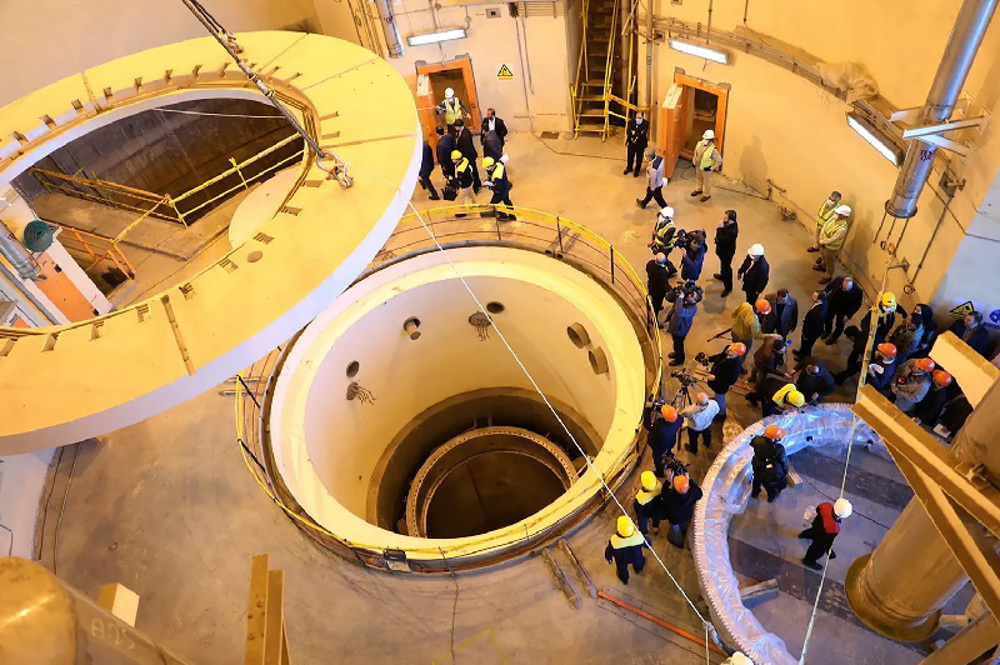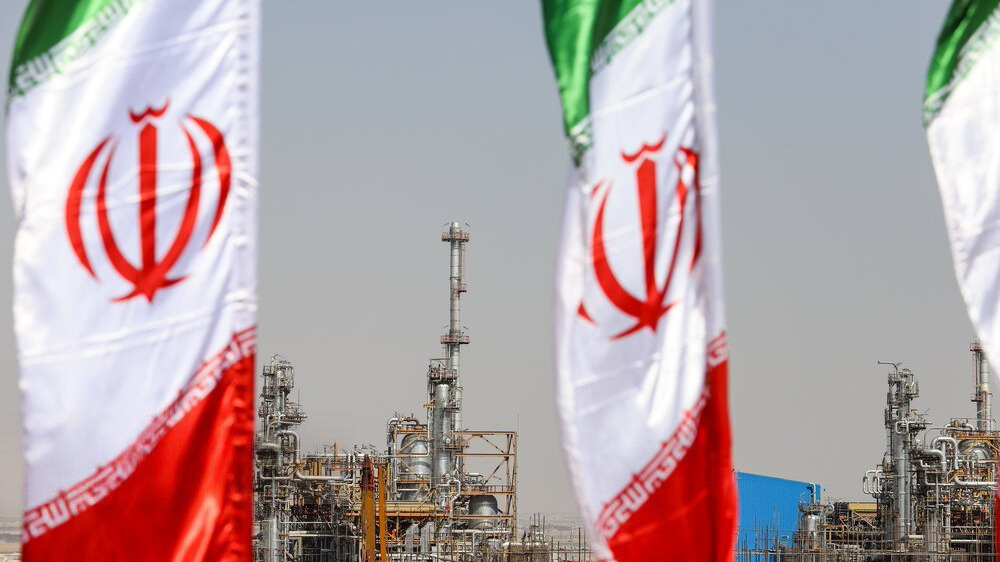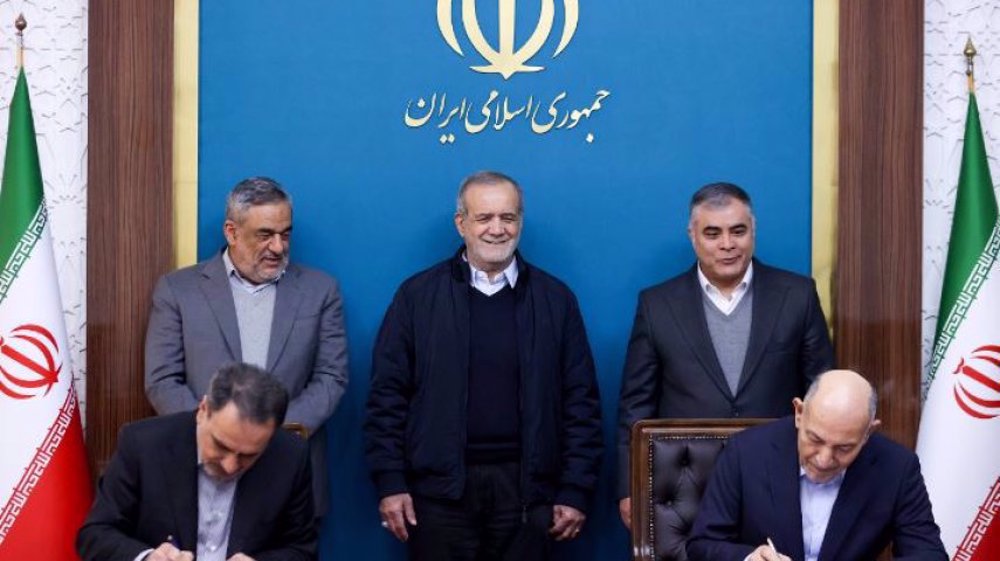Iran, Russia, Turkey mark a new turn with $7 billion drilling deal
Turkey’s Unit International which signed a drilling deal last week with Russia's state-owned Zarubezhneft and Iran's Ghadir Investment Holding says the contract is worth $7 billion.
The drilling in Iran will take place at three oil fields estimated to hold 10 billion barrels of reserves and produce 100,000 barrels per day and a large natural gas field with a production capacity of 75 billion cubic meters per day, the company said on Tuesday.
Unit did not name the field but said its reserves are enough to meet Turkey's gas demands for the next 150 years, with the production equal to 1.5 times the 50 billion cubic meters of gas which Turkey imports annually.
Ghadir has already signed a cooperation agreement with the National Iranian Oil Company (NIOC) for the study of the third phase of the Darkhovin (Darquin) as well as Sepehr and Jufair oil fields and Kish gas field.
According to the Unit’s statement, the consortium will also be able to drill in other parts of Iran.
Iran is Turkey's second-biggest supplier of natural gas after Russia and sells about 10 billion cubic meters a year of gas under a 25-year supply deal to Turkey which it uses for electricity generation.

The deal is the first tripartite agreement of partnership and investment between Iranian and foreign companies. Ghadir will lead the consortium, but all three companies are equal partners where they will allocate equal investment shares in the jointly-financed projects.
Unit International is no stranger to Iran. Since 1982, the company has built five power plants with a total capacity of 3,200 megawatts in the country which owns the world’s largest gas reserves.
In March, South Korea’s SK Engineering & Construction (SK E&C) signed an agreement with the Turkish company to build and operate five gas-fired power plants in Iran with $4.2 billion of investment.
The power stations would have a combined generation capacity of 5,000 megawatts, making them Iran's largest privately developed power plants, South Korea’s Yonhap news agency quoted SK E&C officials as saying at the time.
Chemistry for alliance
The drilling agreement marks a new dawn in cooperation between Iranian, Russian and Turkish companies, reflecting on the rapidly changing geopolitical dynamics in the region.
Over the past two years, Turkey and Russia have climbed down from a collision course over the former’s downing of a Russian bomber in Syria to cooperate on implementing a ceasefire in the Arab country with the help of Iran.

Russia has lifted a trade ban on Turkey, while keeping sanctions on imports of most Western food and drink in place in retaliation for wide-ranging Western sanctions.
Moreover, the fallout in diplomatic relations is widening from the West’s support of Turkish dissidents and Washington’s backing for Kurdish militants in Syria which Ankara views as a security threat.
And with Iran also being under US sanctions, Tehran, Ankara and Moscow might be finding chemistry for an alliance of sorts which explains their first ever joint venture signed in Moscow last Tuesday.
Pro-government Daily Sabah paper said on Tuesday that a Turkish delegation from the National Intelligence Organization (MiT), the Turkish armed forces and the foreign ministry held talks in Tehran in mid-July with Iranian and Russian authorities.
Iran’s Chief of Staff General Mohammad Hossein Baqeri is currently in Ankara, with Daily Sabah quoting diplomatic sources as saying that the visit was a "milestone” and would not have been possible unless both sides were willing to draw to each other.
Iran’s Deputy Foreign Minister Ebrahim Rahimpour said Tuesday that Turkish President Recep Tayyip Erdogan will visit Tehran “soon”, Mehr news agency reported.
Rahimpour touched on the two countries’ vision to boost trade to $30 billion, expressing hope that the two sides would take effective steps to achieve their goals by allocating appropriate facilities.
Saudi Arabia condemns Israel’s seizure of West Bank land, warns of regional instability
Israeli producer of anti-Iran propaganda series ‘Tehran’ dies in Greece
Diplomacy and deterrence: Iran focused on reaching nuclear deal – without compromise
British Museum faces backlash for eliminating references to ‘Palestine' from displays
Global outage hits X users: Thousands report access issues
US warship seizes second Venezuelan oil tanker in Indian Ocean
VIDEO | IRGC Navy holds 'Smart Control of Strait of Hormuz' military drills
Explainer: Jaam-e Jam 1 – Iran’s giant leap into geostationary orbit and a new broadcasting era










 This makes it easy to access the Press TV website
This makes it easy to access the Press TV website